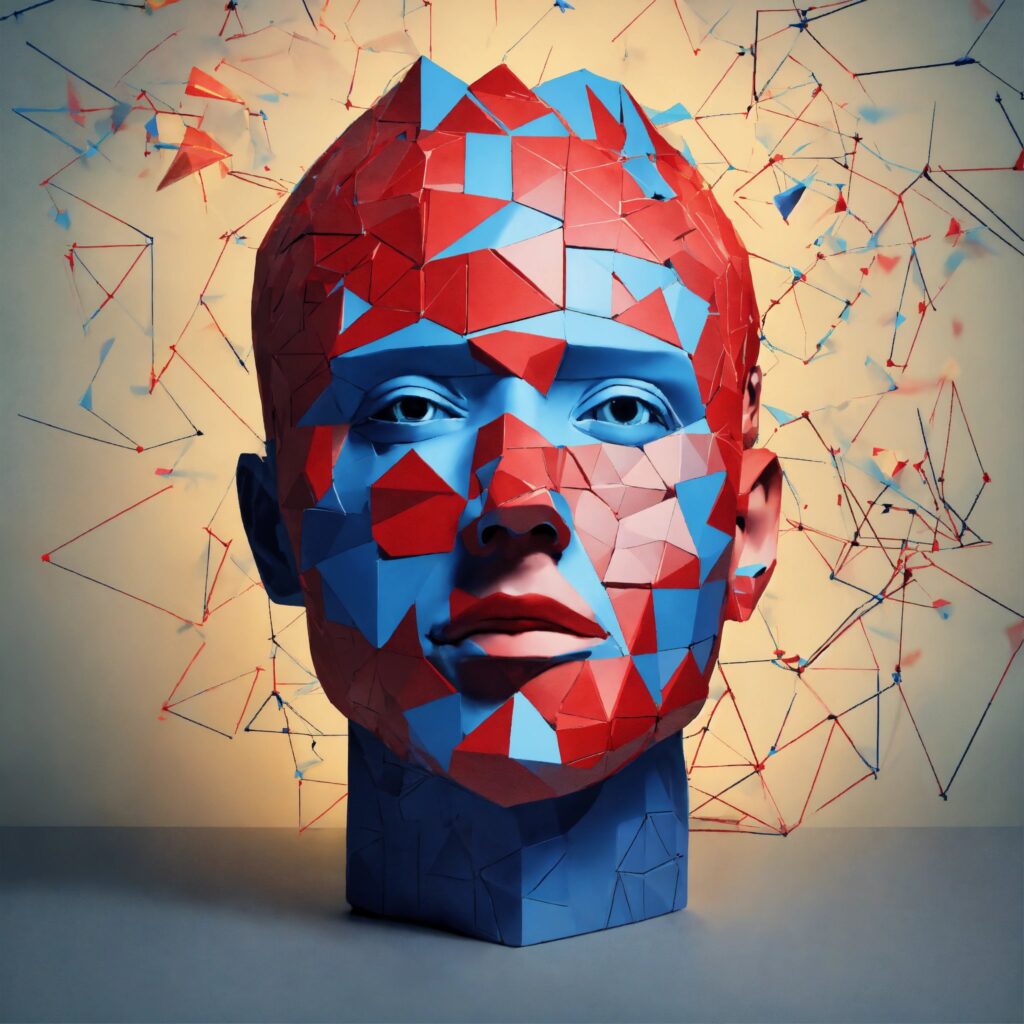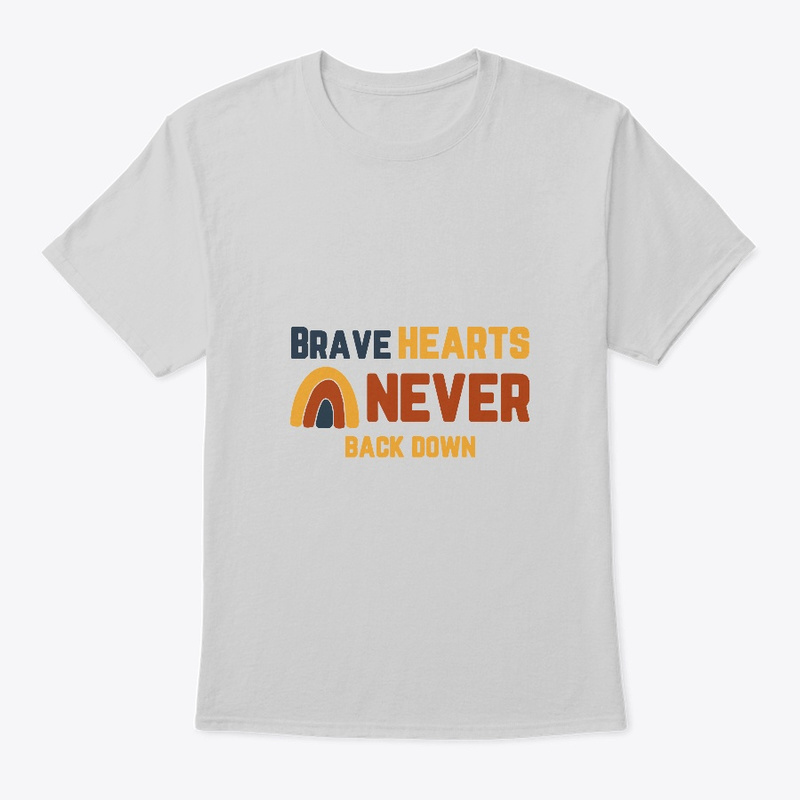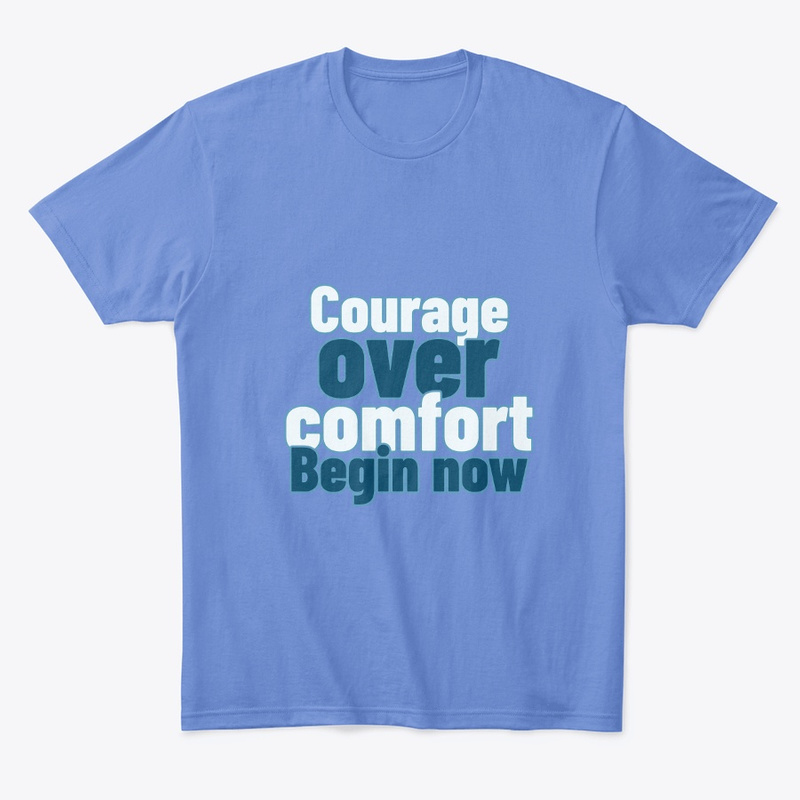
Table of Contents
ToggleWhat is Deepfake?
Deepfake AI, which combines “deep learning” and “fake,” is a type of advanced technology that uses fancy AI methods to make very realistic and sometimes misleading pictures, videos, and sounds. This kind of fake content can look just like the real thing, causing a lot of worries and ethical questions.
Here’s a closer look at what deepfake AI is all about:
How it works:
Deepfakes use smart algorithms like generative adversarial networks (GANs) and autoencoders. These algorithms learn from lots of real data, like videos of people or recordings of voices, to understand how they look and sound.
Then, this AI model uses what it learned to create brand-new content that seems real.
Types of deepfakes:
- Face swaps: Putting one person’s face on another person’s body in a video, which can be used for fun or to trick people.
- Lip-syncing: Changing the words someone appears to say in a video.
- Voice cloning: Making fake audio that sounds like someone specific, which can be used to say things they didn’t actually say.
Potential benefits:
- Entertainment: Making cool effects in movies, creating special videos, or bringing historical figures back to life.
- Education: Making realistic scenarios for training or making learning fun.
- Accessibility: Helping people with disabilities communicate or express themselves artistically.
Challenges and concerns:
- Misinformation and propaganda: Sharing fake news, influencing what people think, or hurting someone’s reputation.
- Cybercrime: Stealing someone’s identity, committing fraud, or blackmailing.
- Deepfakes in the metaverse: Making fake worlds even more convincing.
- Ethical questions: Making it hard to know what’s real, invading people’s privacy, and affecting freedom of speech.
Current state and future:
- Deepfake technology is getting better all the time, making it harder to tell what’s fake.
- People are working on ways to spot fake content and deal with the problems it causes.
- We need rules and guidelines to make sure deepfakes don’t hurt people.
Safeguarding Against Deepfake
Protecting ourselves against deepfakes is important because they can cause a lot of problems, especially during elections. Here are some things we can do to be careful:
Bad Stuff:
- If you see a video or audio of a politician saying something that seems strange or too good to be true, check other sources to make sure it’s real before believing it.
- If you hear about something scandalous or embarrassing involving a politician, think critically and consider if it seems likely or if there’s evidence to back it up.
- If you come across anything online that seems like it’s trying to make you not want to vote, like spreading scary rumors or false information, don’t fall for it. Make sure to still participate in elections and have your voice heard.
- Even if you see a lot of fake stuff online, remember that there are still people and systems in place to keep our democracy working. Don’t lose faith in the process just because of some fake videos.
Good Stuff:
- If you see a deepfake that exposes something wrong or corrupt about a politician, it’s good to share it so people know the truth.
- Deepfakes can sometimes make campaigns more fun and interesting, which might encourage more people to get involved in elections.
- Because deepfakes can help politicians who don’t have a lot of money make cool campaign stuff, it can make the playing field more level for everyone.
What’s Happening Now and Later:
- Deepfake technology is getting better all the time, which means it’s getting harder to tell what’s real and what’s fake.
- People who run elections, social media sites, and tech companies are trying to find ways to stop deepfakes from causing problems.
- There are discussions happening about making rules and guidelines to deal with deepfakes in politics.
Overall, deepfakes could have a big impact on elections, but if we’re careful and use them responsibly, they might also do some good. It’s important for us to be aware of deepfakes and think critically about what we see online. If we all work together, we can help keep our democracy safe.





